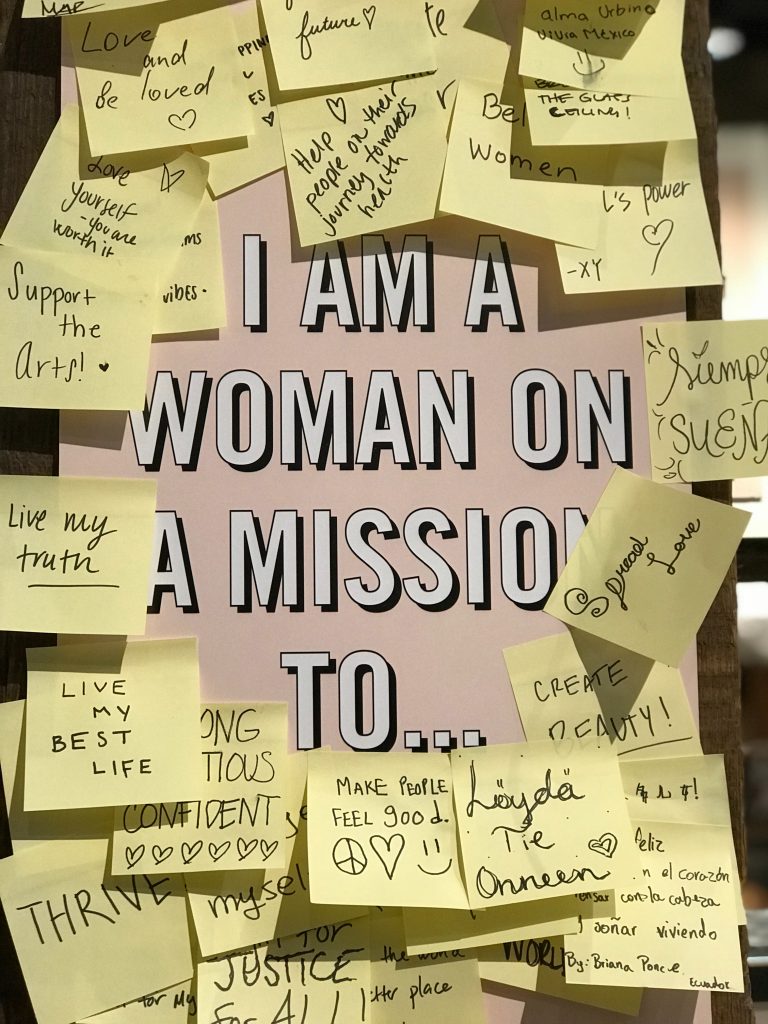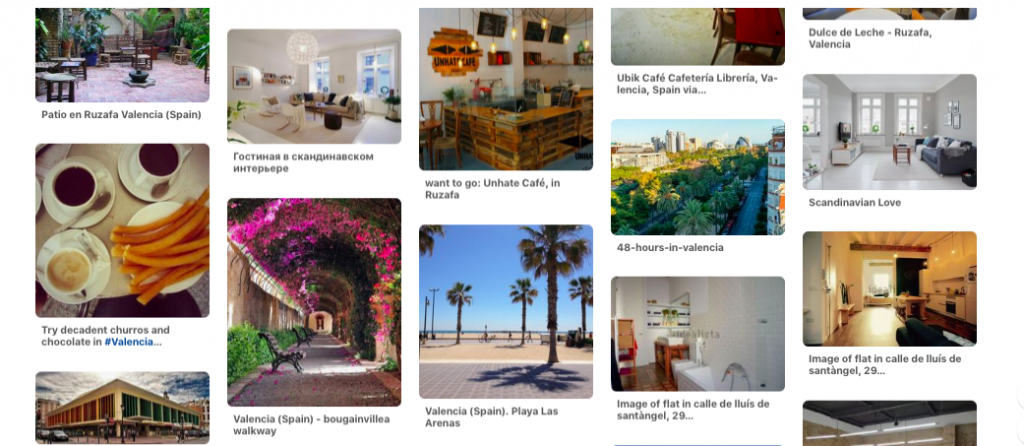
I think sorting out your finances is one of the best ways to mentally prepare yourself for a career change. One of the biggest fears around career change is money; we probably all have the same fear that we’ll end up out of work, with no money coming in, and a mortgage or rent to pay and perhaps a family to support.
A few habits I started way before my period of career transition, and others I started in the months leading to it, helped me deal with this fear and made it easier for me to go for it and change career.
***
Let’s start with the basics. Around 15 years ago I lived in Paris, and with my first job there I realised I needed to start getting a handle on my finances. Renting a flat with a friend, paying bills, it was time to get responsible. I started a simple excel spreadsheet where I noted how much money I received in my bank account each month – deducted all regular expenses such as rent, bills, food, and then any ad hoc expenses I expected such as new trainers or nights out with friends. This allowed me to budget, to see in which months I’d need to be a bit careful and those where I could save a little. I loved feeling in control of my finances. I’ve stuck to this method ever since.
***
Some time ago I’d had instilled in me the idea that you should have 3 months’ living costs in savings – I suppose I read about it in context of losing your job or quitting your job. So I always had that at the back of my mind. It might be an extremely hard slog starting from scratch, but knowing that it could help cushion a transition period makes it a positive goal to aim for. Also, it’s not only saving that can help you achieve this goal, a money-making project on the side can massively help with this, we’ll come to it in a bit.
***
At some point I developed an obsession with a more minimalist way of living. This may well have been inspired by Tim Ferris and The 4-Hour Work Week (read the chapter called Mini-Retirements: Embracing the Mobile Lifestyle).
I’m pretty sure I was subconsciously trying to rid myself of extra ‘things’ so that if I ever wanted to take off and travel it wouldn’t be too difficult. I also think my mind was so cluttered with worries and doubts that physically decluttering helped me try to find some peace. If my surroundings were simple and uncluttered then maybe my mind could be also…
The bonus is that when you really get into decluttering and start seeing some of your belongings for what they are (we hold onto so many things just because we ‘own’ them, not necessarily because we like them anymore or they are doing anything for us) there is often a lot of stuff to chuck out – be it recycling, donating or selling. I made a fair bit of cash selling decent odds and ends that I no longer wanted or needed on ebay.
***
Here are some of the websites that satisfied my minimalist urges:
https://www.becomingminimalist.com/ Particularly the ‘Inspiring Simplicity. Weekend Reads’ posts, where the author collates interesting articles about minimalism and living simply.
https://www.theminimalists.com/archives/#popular
https://www.mrmoneymustache.com/category/mmm-classics/
https://zenhabits.net/archives/
***
Speaking of money making side-projects, Airbnb gave me amazing freedom. Again, I got the idea from a blogpost, this time from Live Your Legend where the author talks about making your first $1000 dollars on the side. Read it here. If renting out a room or your whole home is an option, it’s definitely something to seriously consider.
I did a few other things to make some money on the side, I’ll cover these in another post!
***
Hopefully this post will inspire you to start taking control of your finances if you’re not already doing so. It is so easy to worry and procrastinate and dwell on the worst case scenario…starting to deal with the fear is the only way to get past it. If worrying about money is stopping you from progressing in your career change – it’s something to face. The more you do, the more in control you will feel.
Maybe find one thing to sell on ebay and start from there!
If you’d like to contact me to do some life coaching sessions together, send me a message here.
You can read the full interview I did with Careershifters.com on financing my career change here: https://www.careershifters.org/expert-advice/how-to-finance-your-career-change
Photo by Sam Truong Dan on Unsplash




